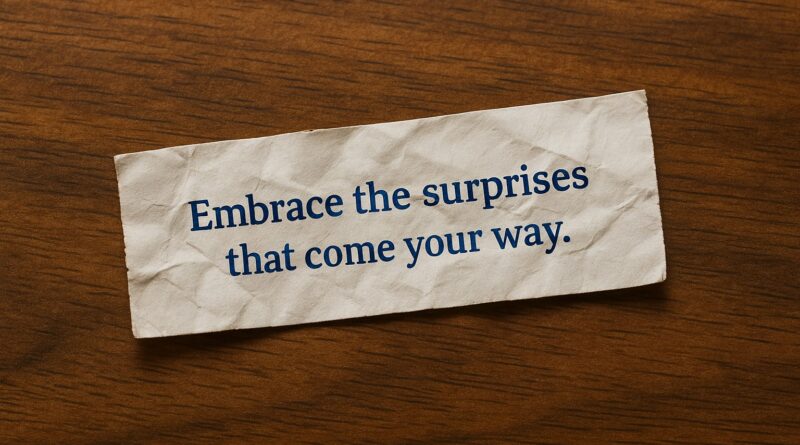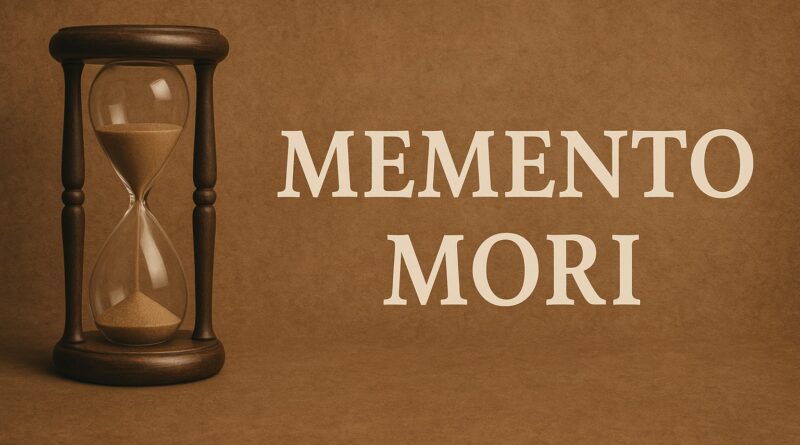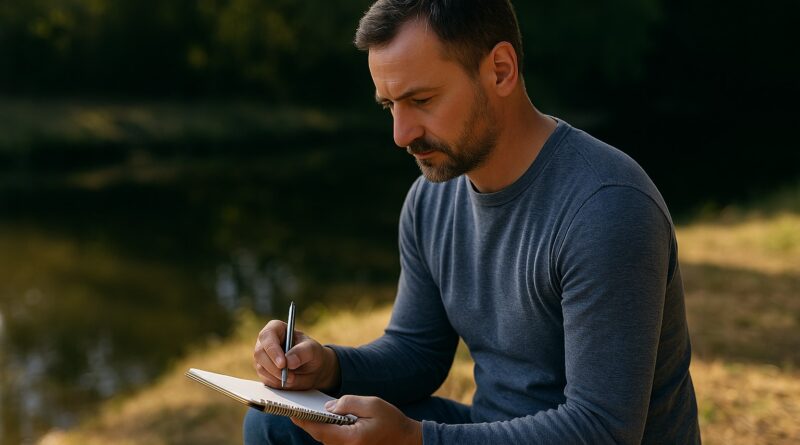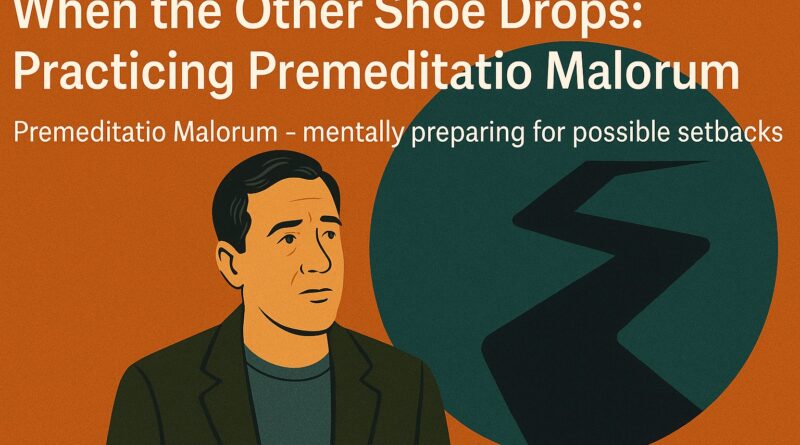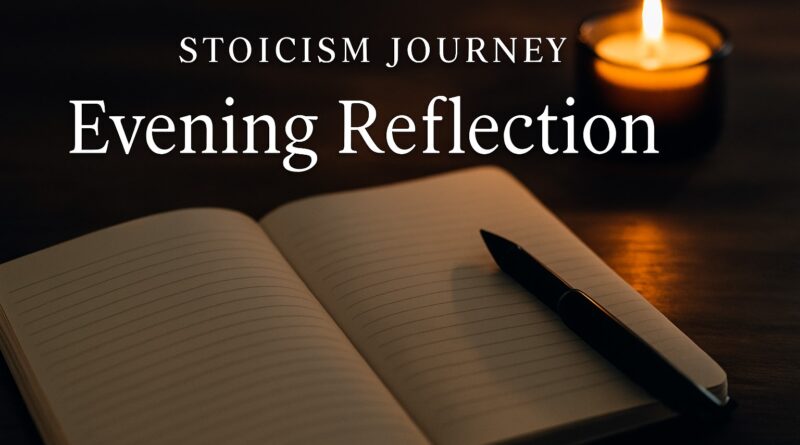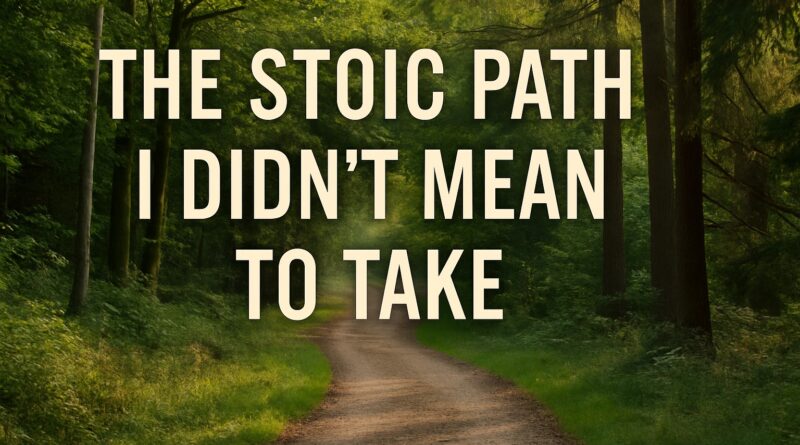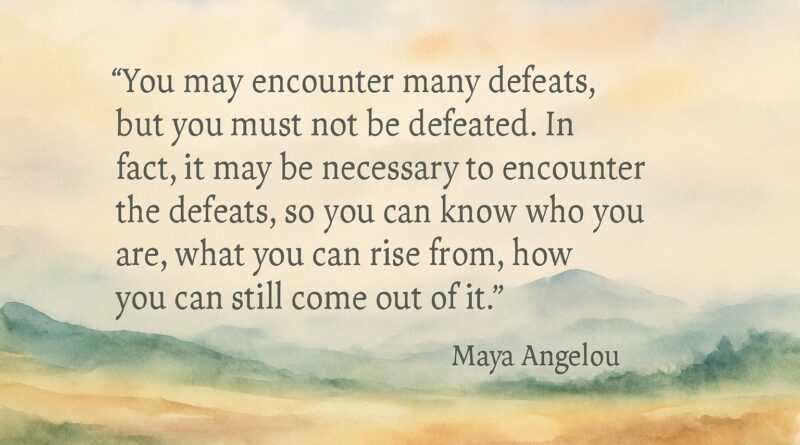A Flicker Toward Life
It was one of those days that left me both drained and restless. The kind of day that yanks you in every direction and leaves you replaying every moment in your head. By the time I sat down to journal, the day already felt like a blur—frustration, hard choices, and a fragile spark of hope all tangled together. Writing helped me find its shape. The Stoics would call it evening reflection. Wesleyans might call it examen or discernment. Either way, it’s how I pulled a heavy, scattered day into some kind of order.
That night, I saw a flicker of determination in my mom’s words. She had been saying for weeks, “I’m tired, I’m ready to go.” But this time she spoke of rehab, of getting better. It wasn’t conviction, but it mattered. Seneca once said, “Sometimes even when the body is weak, the mind can still rally.” I saw that rally in her, small though it was.
And along the way, there was gratitude—even humor. A friend had kept me talking for nearly ninety minutes on the road, filling the time with what he called his “landscaping philosophy.” Later, when I thanked him for knowing I needed company, he laughed. “You’re giving me too much credit. I just found someone willing to listen to me drone on about mulch and hedges.” That laughter mattered. Gratitude mattered. In days like this, even the smallest things carry weight.



